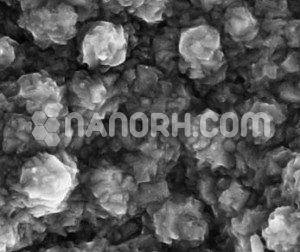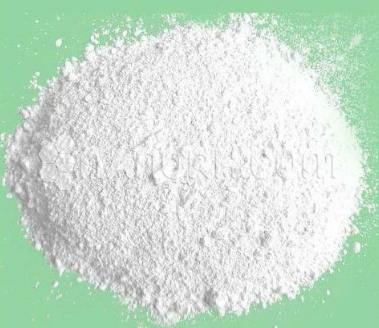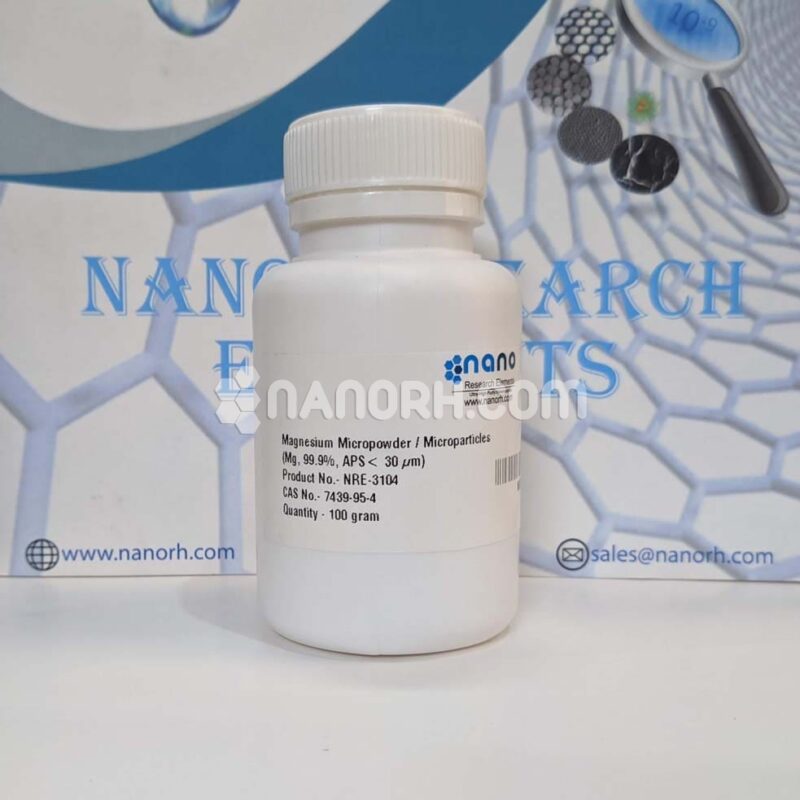| Magnesium Chloride Powder | |
| Product No | NRE-11163 |
| CAS No. | 7786-30-3 |
| Formula | MgCl2 |
| Molecular Weight | 95.211 g/cm³ |
| APS | <60 µm (can be customized) |
| Purity | 99.9% |
| Density | 2.32 g/cm³ |
| Color | White |
| Melting Point | 714 °C |
| Boiling Point | 1412 °C |
MAGNESIUM CHLORIDE
Magnesium chloride is a versatile compound with various applications in different fields. It is an inorganic salt that consists of magnesium and chloride, with the chemical formula MgCl2. This compound is typically found in the form of a white, crystalline solid, and it can also be obtained as a powder. Here are some common applications of magnesium chloride powder:
De-icing: Magnesium chloride is often used for de-icing roads and highways during winter. It is effective at preventing the formation of ice on surfaces and melting existing ice, making it a popular choice for controlling snow and ice on roads, sidewalks, and airport runways.
Dust control: It is used to control dust on unpaved roads, mining sites, and construction areas. When applied to the surface, it helps to trap dust particles, preventing them from becoming airborne and reducing overall air pollution.
Agriculture: MgCl2 powder can be used as a supplement in agricultural practices. It helps to provide plants with essential nutrients, promoting healthy growth and development. It can also be utilized as a foliar feed or soil amendment to enhance crop yield and quality.
Food and beverage industry: It is used as a coagulant in the tofu manufacturing process. Additionally, it can act as a firming agent in the preparation of certain food products. However, it’s essential to ensure that the concentration used is safe for consumption and conforms to food safety regulations.
Health and wellness: Magnesium chloride is sometimes used in the form of magnesium oil for transdermal application. Proponents suggest that it can help relieve muscle aches, promote relaxation, and improve overall well-being. However, the scientific evidence for these claims is limited and more research is needed.
Industrial applications: It is used as a source of magnesium in various industrial processes such as the production of metals, textiles, paper, and fireproofing agents. It can also serve as a catalyst in chemical reactions and as a precursor for other magnesium compounds.




